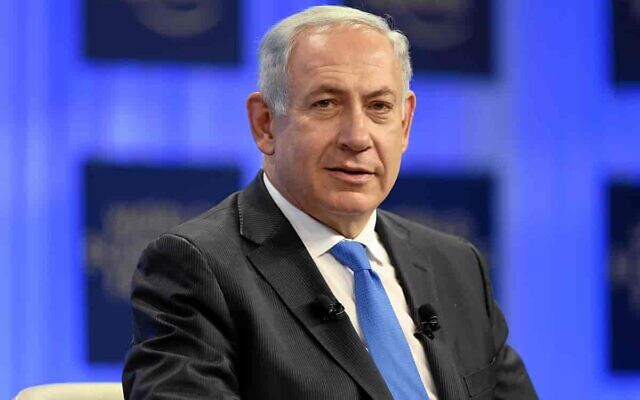Israel Headed to Fourth Election
The Knesset automatically dissolved at midnight Tuesday after failing to pass a 2020 budget.

History was made in the 24 hours between midnight Monday and midnight Tuesday in Israel. In the early hours of Tuesday, the Israeli parliament, or Knesset, narrowly voted against a bill that would have deferred the passing of the country’s 2020 budget and kept voters from returning to the polls for a fourth time in less than two years. That led to the Knesset automatically dissolving at midnight Tuesday with elections probably scheduled for March 23, 2021.
Only a last-minute miracle that Prime Minister Benjamin Netanyahu could pull from his hat would stop the forward motion of yet another election campaign.
What made the events even more amazing were the number of members from both Netanyahu’s Likud Party and those from his coalition partner Blue and White Party who voted against sustaining the crumbling coalition government.
“Putting aside all the political ‘noise,’ the reason we’re heading to an election is because Netanyahu refused to pass a budget as required by law and honor political agreements so that he can remain in power for the duration of his trial,” Yohanan Plesner, president of the Israel Democracy Institute, said in an international press briefing Tuesday morning Atlanta time.
Plesner was referring to the corruption trial of Netanyahu on charges of bribery, fraud and breach of trust. The evidentiary phase of the trial is scheduled to start in February, right in the middle of an apparent election campaign. “Probably the most significant factor shaping politics in Israel – and the reason for all the elections” is the trial, Presner said.

One of the biggest points of contention between Netanyahu and Benny Gantz, head of the Blue and White Party, was the prime minister’s insistence that he participate in the naming of several senior government appointments, including attorney general, state prosecutor and a number of judges. The Israeli Supreme Court had called that a conflict of interest because of his impending trial.
Although Plesner said the country is heading into elections with a clear advantage to the right-wing parties, he suggested that there’s a “growing possibility” that any coalition would refuse to include Netanyahu. The last three elections ended inconclusively with Netanyahu unable to cobble together a coalition government until this past spring, when Gantz reneged on his promise not to take his party into a Netanyahu-led government.
A member of Likud, Gideon Sa’ar, has already broken away and started his own right-wing party, taking several Likud members with him. He has stated emphatically that he wouldn’t join a Netanyahu-led government. Leaders of other right-wing parties have also said they would not enter a coalition government headed by the current prime minister.
In the last three elections, a majority of Israelis voted for parties that said they would not join a government led by Netanyahu. The polls show again that anywhere from 62 to 65 of the 120-seat Knesset would go to parties in this category. These polls show that the Blue and White Party has so disintegrated that it might not reach the threshold of four seats to even enter the Knesset after the next election. But, unlike the last three elections, there’s no longer a center party with a leader who could compete with Netanyahu – at least at this point, Plesner said.
The other wild card in this next election is the pandemic. Vaccinations in Israel started this week, with “massive vaccinations” expected in February and March, Plesner said. In early December, surveys showed only 37 percent of Israelis trusted Netanyahu’s management of COVID, but that was up from the all-time low of 29 percent.
Unlike the United States, the only Israelis who have been allowed to vote early in elections were soldiers and diplomats. Plesner doesn’t think that will change. However, the country may double the number of voting sites to accommodate social distancing during the vote.
“Whatever the eventual election results, with Israelis heading to the polls on average every 2.3 years, it is once again apparent how dire the need is for real electoral reform,” the IDI president said.



comments